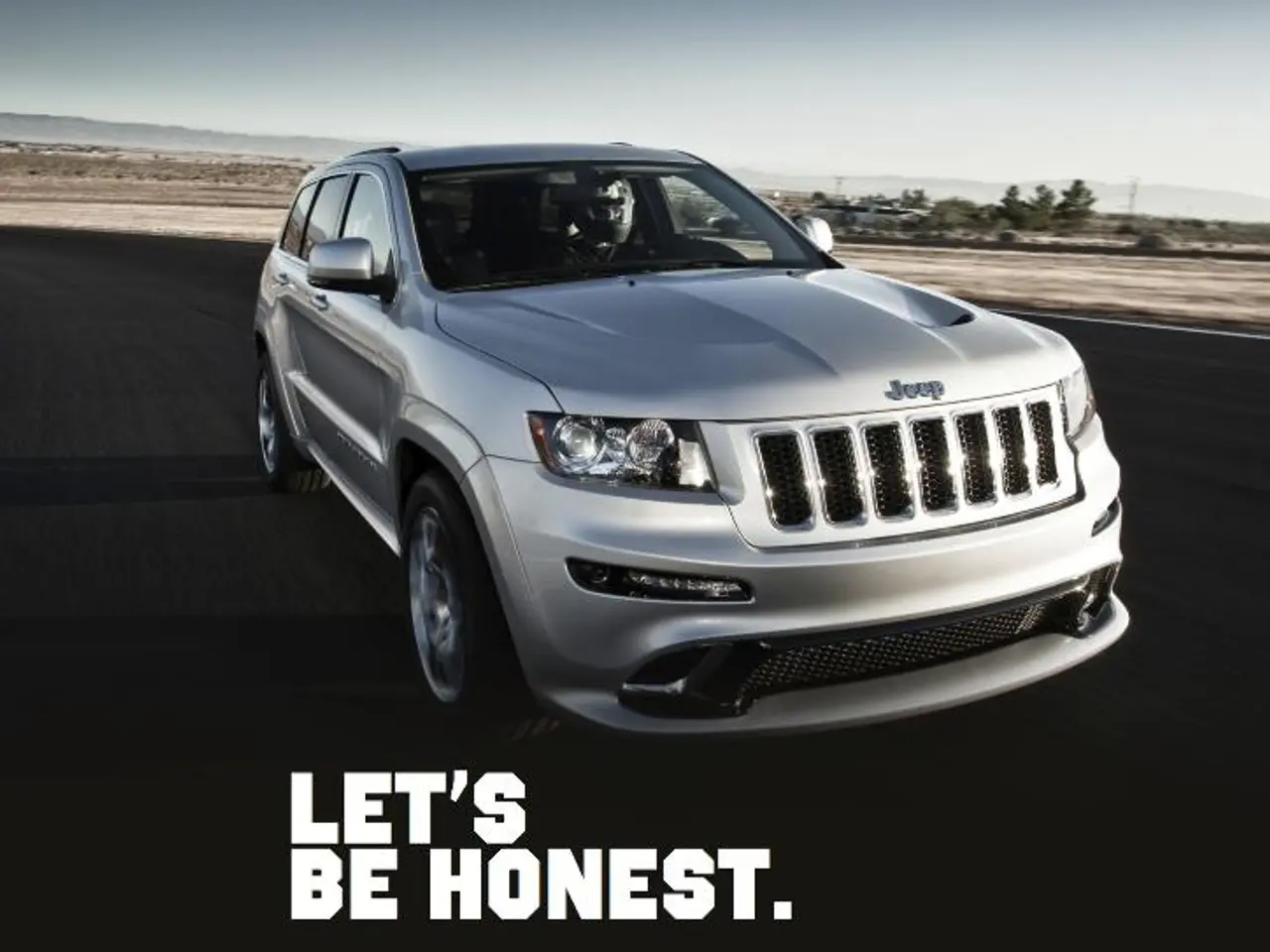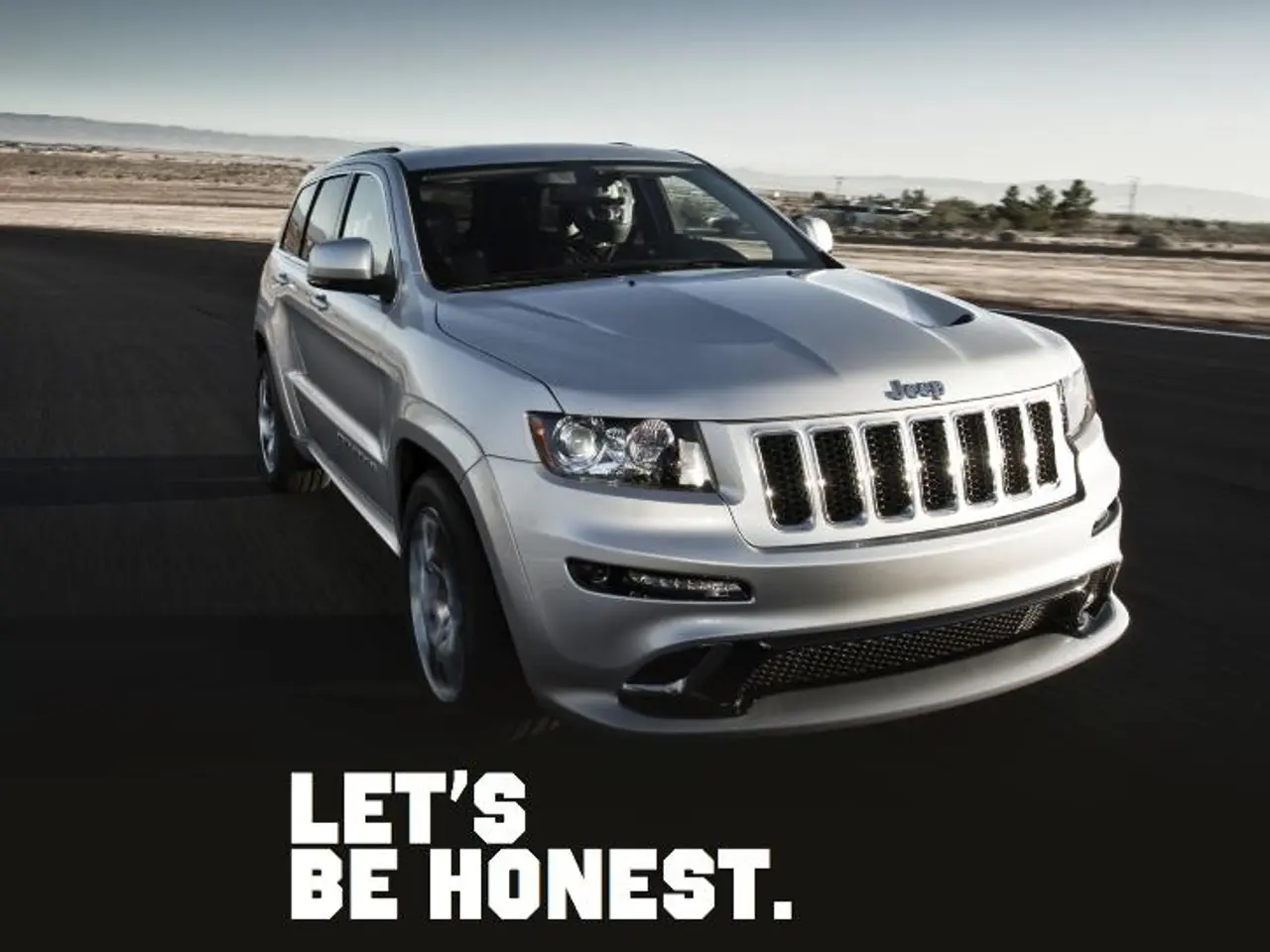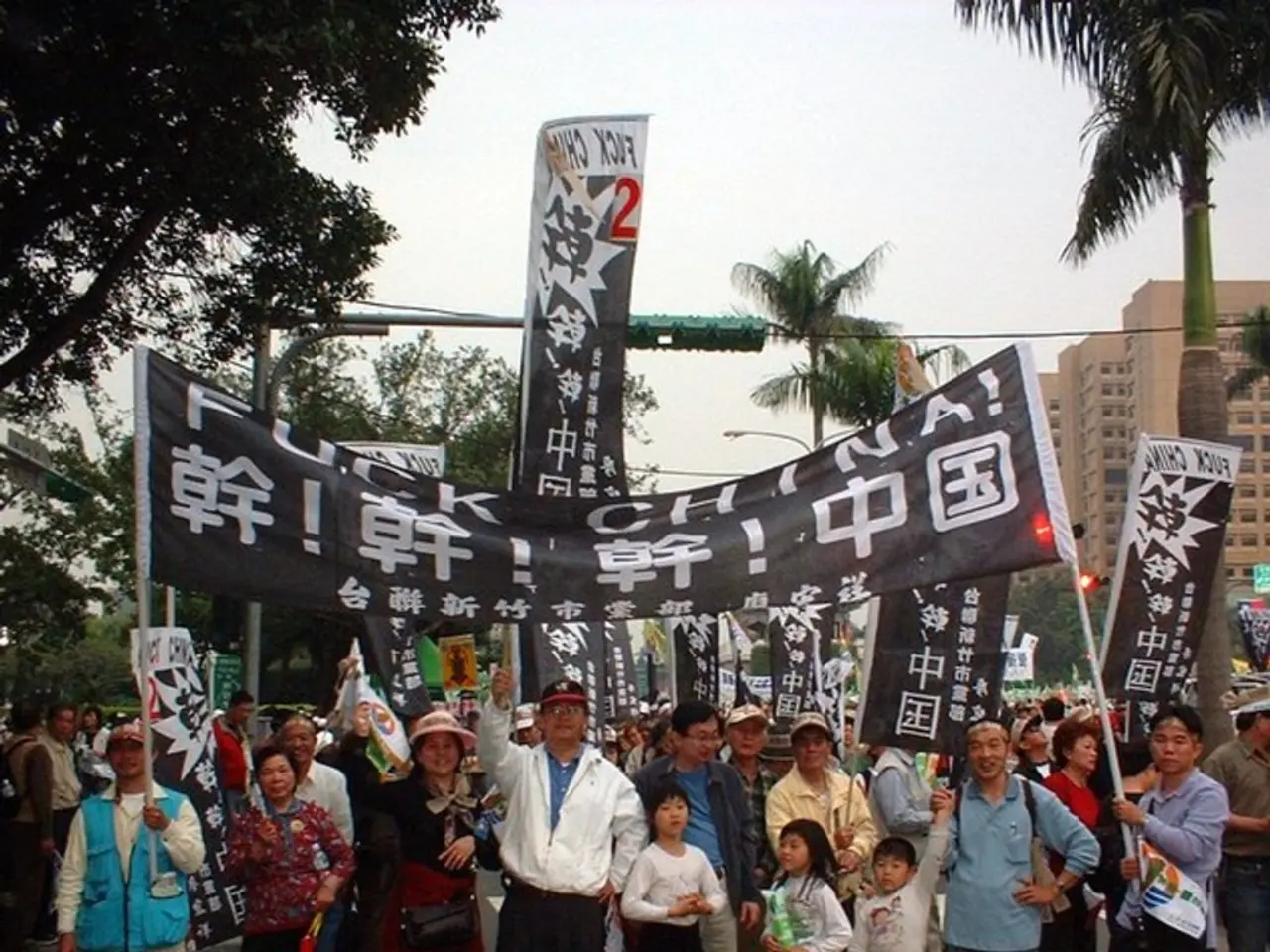Podcasts gaining prominence as essential political hotspots, irrespective of election cycles
Longform Podcasts Shaping Political Landscape
Longform podcasts are becoming a significant force in the political arena, offering extended, nuanced conversations that foster authenticity and reach beyond traditional media audiences. These podcasts are transforming the way politicians communicate and are shaping public perceptions about politics.
In a two-and-a-half-hour discussion with Joe Rogan, Texas Democratic State Rep. James Talarico delved into how his Christian worldview influences his political stances. This is just one example of the in-depth conversations that longform podcasts provide, allowing politicians to elaborate on their backgrounds, beliefs, and policy positions in greater depth.
Democratic California Rep. Ro Khanna has also been a prolific podcast guest, using interviews to discuss his views on artificial intelligence and regulation, as well as offering thoughts on the Democratic Party's message that needs to change. In a four-hour interview with Shawn Ryan, a former Navy SEAL whose show caters to conservatives, California Democratic Gov. Gavin Newsom offered insights into his governance.
The Joe Rogan Experience podcast, viewed on Spotify's mobile app, is just one of the popular podcasts that politicians are turning to as a platform. Rogan even encouraged Talarico to run for President during their podcast. Similarly, Israeli Prime Minister Benjamin Netanyahu did an hourlong interview with the Nelk Boys, a popular Trump-friendly podcast.
These podcasts are not explicitly politics-focused and the target audience prefers a longer, organic conversation over buzzwords, short soundbites, and interrogative questions. This format can reach a broader and often younger audience than primetime cable or short interviews, making podcasts an influential part of the "attention economy" in politics.
The interviews are not debates or done with journalistic purposes, with little pushback to someone's opinion or perspective. However, they offer a level of authenticity that resonates more with voters, according to Eric Wilson, the executive director of the Center for Campaign Innovation.
The Nelk Boys faced backlash for their unpreparedness in conducting the interview with Netanyahu, but the format still offers opportunities for politicians to connect directly with diverse, often underserved audiences. President Trump spent much of the 2024 presidential campaign as a guest on a wide range of shows, demonstrating the influence these podcasts can have on shaping public opinions.
Khanna used a podcast interview to bring up a War Powers resolution he had introduced in the House, demonstrating how these platforms can also serve as strategic tools for politicians. Shawn Ryan expressed that his opinions about Newsom have changed after the interview, highlighting the potential for these conversations to shift public perceptions.
In conclusion, longform podcasts serve both as influential channels shaping how the public perceives politics and as strategic platforms for politicians to communicate authentically, elaborate on nuanced views, and connect directly with diverse, often underserved audiences. As the political landscape continues to evolve, the role of longform podcasts in shaping political perceptions and serving as platforms for politicians is likely to grow.
[1] Longform Podcasts: The New Frontier in Political Communication
[2] Why Podcasts Matter for Politics
[3] The Longform Podcast: Politics, Culture, and the Art of Storytelling
- Democratic and Republican politicians are increasingly utilizing longform podcasts to engage in in-depth conversations about their political stances, backgrounds, beliefs, and policy positions, reaching a broader and often younger audience beyond traditional media.
- Some popular longform podcasts, such as The Joe Rogan Experience and podcasts catering to conservatives, offer unique opportunities for politicians to connect directly with diverse, often underserved audiences and to change public perceptions about their policies and governance.
- Politicians can use longform podcasts not only to communicate authentically and resonate with voters but also as strategic platforms to discuss important issues and highlight policy initiatives, like introducing a War Powers resolution, as demonstrated by Democratic Representative Ro Khanna.








